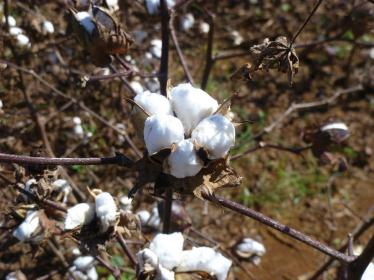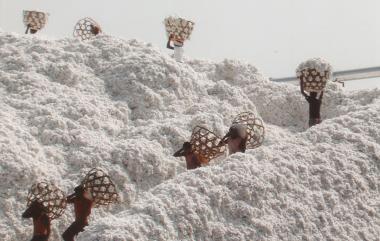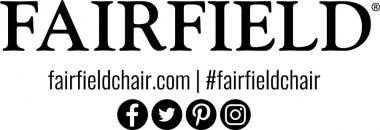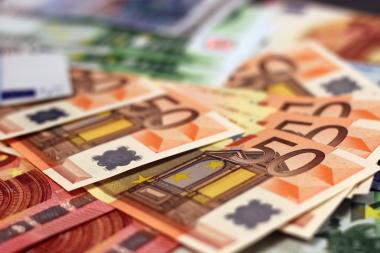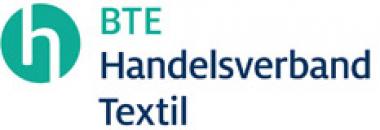NCTO elects Chairman, Council Chairs and Board Members
The National Council of Textile Organizations (NCTO), representing the full spectrum of U.S. textiles from fiber through finished sewn products, held its officer elections for fiscal year 2021 today.
NCTO has re-elected David Roberts, CEO of Cap Yarns, as Chairman and David Poston, President of Palmetto Synthetics, as Vice Chairman.
In addition to the appointment of a new chairman and vice chairman, NCTO elected chairs for each of its four councils. NCTO is comprised of four councils to ensure a broad representation of the industry supply chain. Each council has an allotted number of members who are elected to the association’s Board of Directors, in addition to the Executive Committee.*
“This is a critical juncture for our industry, which answered the call of the nation to produce lifesaving personal protective equipment (PPE) for frontline workers battling the COVID-19 pandemic,” said NCTO President and CEO Kim. “We will continue to engage with all stakeholders to press for policies that support the industry overall, help onshore PPE production and create a permanent domestic supply chain.”
*See attached document for more information.
NCTO













